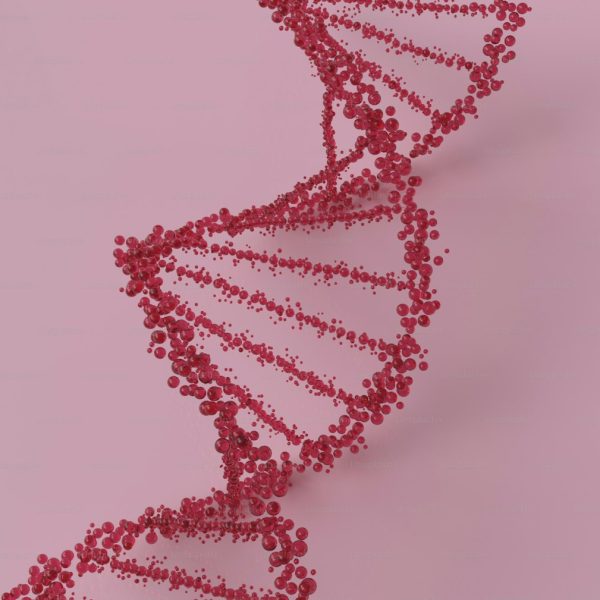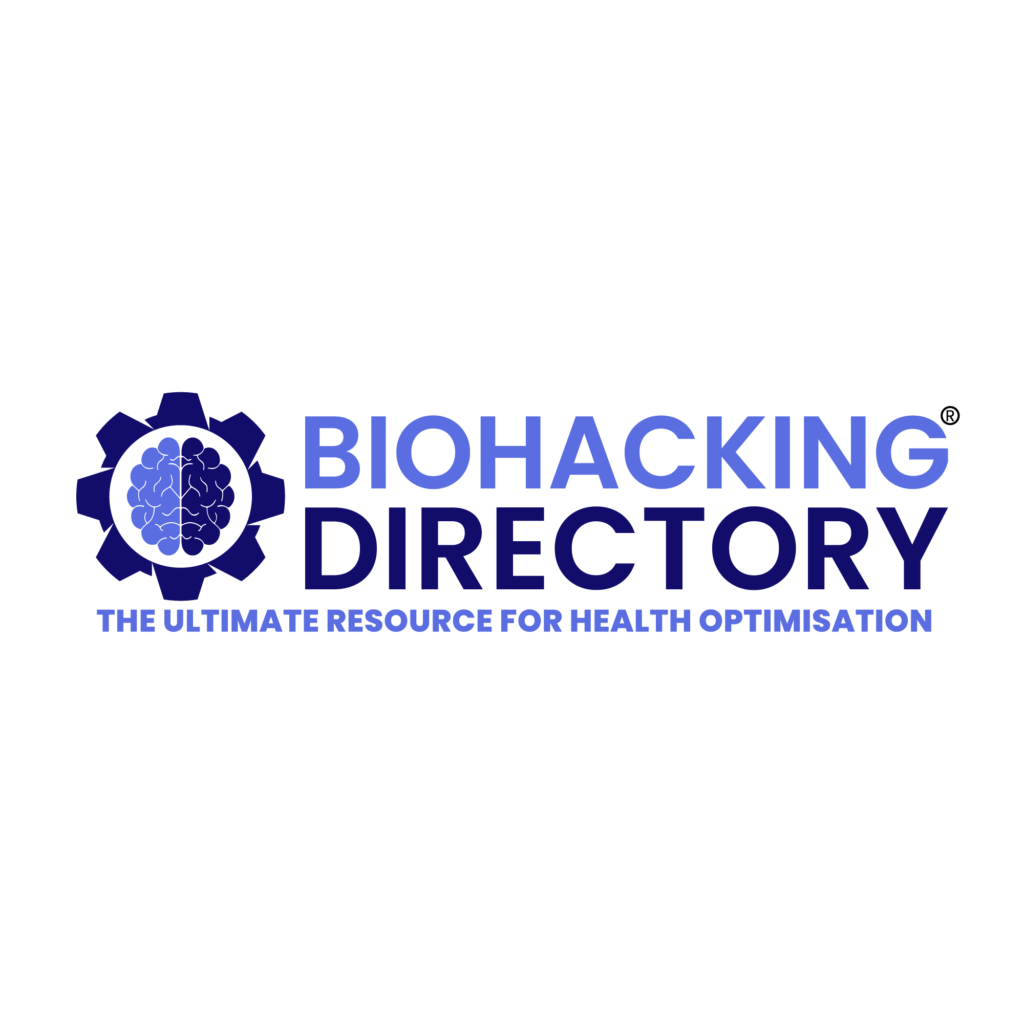Biohacking has been a buzzword in recent years, capturing the imaginations of those who seek to enhance their physical and mental capabilities. This intriguing field is now venturing into uncharted territory – the fusion of genetic optimization and the ketogenic diet. In this article, we will delve into the exciting world of biohacking, exploring how genetics and the keto diet may shape our future health and well-being.
Understanding Biohacking:
Biohacking is the practice of making deliberate changes to one’s lifestyle, diet, or environment to optimize physical and mental performance. This can range from simple lifestyle changes to more advanced practices such as nootropics and genetic modification.
The Power of the Ketogenic Diet:
The ketogenic diet, often referred to as keto, is a low-carbohydrate, high-fat diet designed to shift the body into a state of ketosis. This metabolic state encourages the burning of fat for energy, leading to potential benefits such as weight loss, improved blood sugar control, and increased mental clarity.
Genetics and Personalized Health:
Each person’s genetic makeup is unique, influencing how their body responds to various diets and lifestyles. Genetic optimization in biohacking involves analyzing an individual’s genetic information to tailor health and dietary recommendations specifically to their needs. This personalized approach has the potential to revolutionize healthcare and well-being.
The Future of Biohacking:
1. Precision Nutrition: As genetic testing becomes more accessible, biohackers are exploring the concept of precision nutrition. By analyzing genetic profiles, individuals can receive personalized recommendations for the ideal macronutrient ratios, food choices, and meal timing, optimizing the effectiveness of their keto diet.
2. Genetic Modifications: Emerging technologies like CRISPR-Cas9 allow for precise genetic modifications. In the future, biohackers may explore genetic tweaks that enhance the body’s ability to enter and maintain ketosis, potentially making the keto diet even more effective.
3. AI and Predictive Analytics: Artificial intelligence and machine learning are being employed to analyze vast datasets of genetic and health information. This enables predictive analytics to forecast how an individual’s body may respond to the ketogenic diet, helping individuals make informed choices for their health.
4. Ethical Considerations: As we tread further into genetic biohacking, ethical questions arise. Discussions around data privacy, consent, and potential unintended consequences will play a pivotal role in shaping the future of this field.
Conclusion:
The future of biohacking is a fascinating landscape where genetic optimization and the ketogenic diet intersect. With the potential to unlock personalized health solutions and push the boundaries of human potential, this field holds great promise. However, it also comes with ethical challenges that society must address. As research continues to advance, it is clear that biohacking will remain a topic of intrigue and discussion for years to come.
References:
1. “Biohacking: The Art and Science of Upgrading the Human Being.” Bulletproof Blog. (https://www.bulletproof.com/blogs/bulletproof-news/biohacking)
2. “The Ketogenic Diet: A Detailed Beginner’s Guide to Keto.” Healthline. (https://www.healthline.com/nutrition/ketogenic-diet-101)
3. “CRISPR-Cas9 Explained: The Revolutionary Tool That’s Changing Genetics.” National Geographic. (https://www.nationalgeographic.com/science/article/crispr-explained)
4. “The Role of AI in Personalized Nutrition.” Forbes. (https://www.forbes.com/sites/forbestechcouncil/2021/02/08/the-role-of-ai-in-personalized-nutrition/?sh=58b7c7a46379)
5. “Ethical Issues in Genetic Engineering and Transgenics.” National Center for Biotechnology Information (NCBI). (https://www.ncbi.nlm.nih.gov/pmc/articles/PMC3323023/)








8 Responses
I’m really impressed along with your writing talents as smartly as with the structure in your weblog. Is this a paid theme or did you customize it your self? Anyway keep up the nice quality writing, it’s uncommon to peer a great weblog like this one nowadays!
Từ hồi chuyển qua **j88 com uy tín chất lượng an toàn bảo** là không thèm chơi chỗ khác nữa. Nổ hũ đều, không lag!
Your point of view caught my eye and was very interesting. Thanks. I have a question for you.
Thanks for sharing. I read many of your blog posts, cool, your blog is very good.
Thanks for sharing. I read many of your blog posts, cool, your blog is very good.
I don’t think the title of your article matches the content lol. Just kidding, mainly because I had some doubts after reading the article.
Thank you for your sharing. I am worried that I lack creative ideas. It is your article that makes me full of hope. Thank you. But, I have a question, can you help me?
Thank you for your sharing. I am worried that I lack creative ideas. It is your article that makes me full of hope. Thank you. But, I have a question, can you help me?